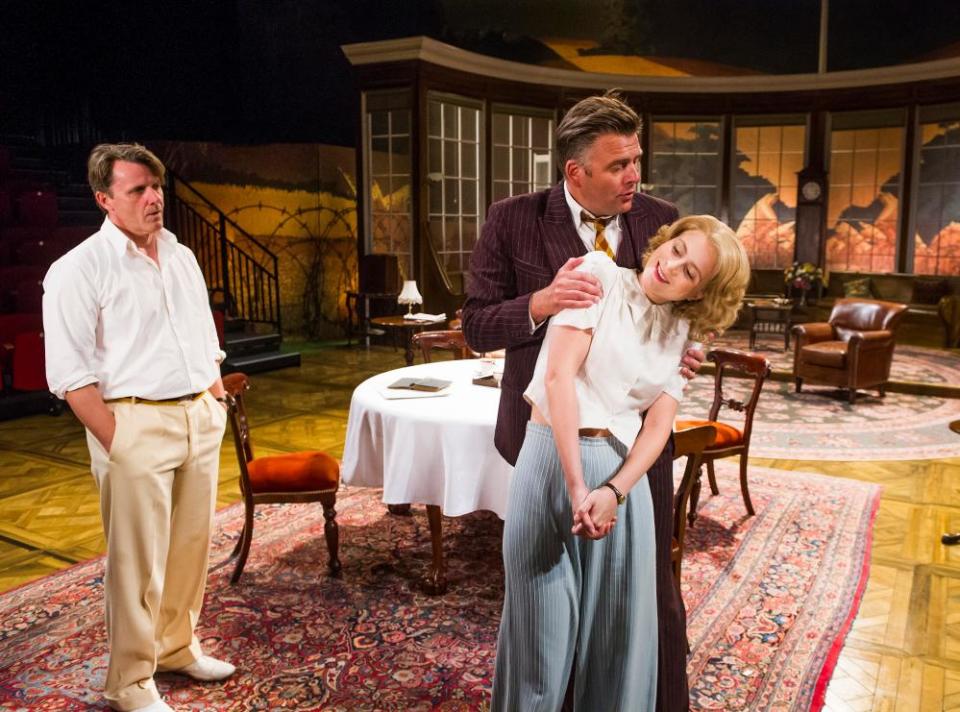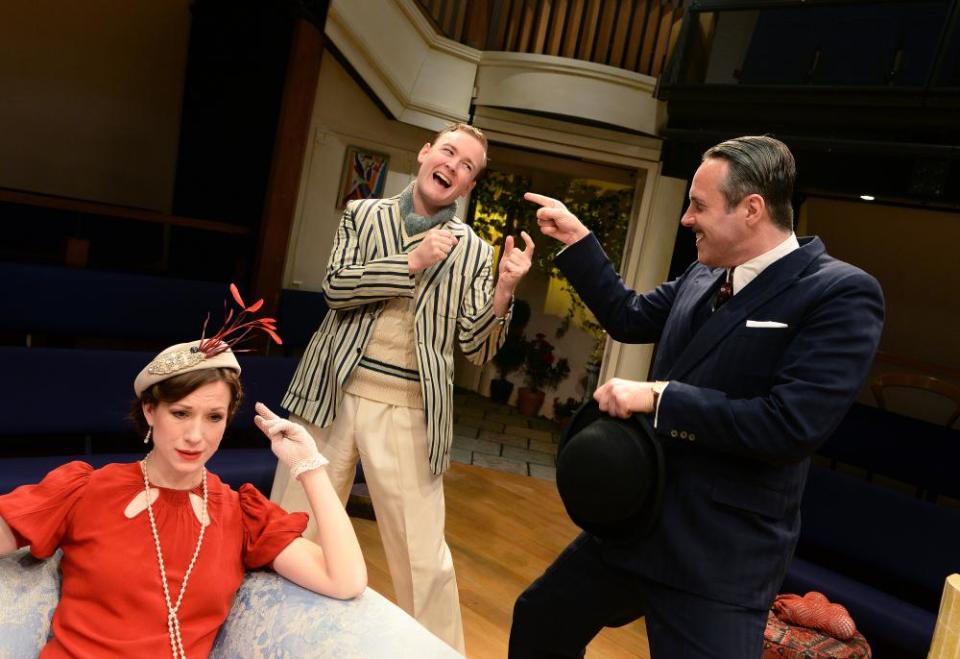Somerset Maugham: a wily playwright of light dramas and weighty morals
Never trust what dramatists say about themselves. Noël Coward spent decades disclaiming he had any purpose beyond entertainment while giving us finger-wagging lectures. The case of Somerset Maugham is remarkably similar. He once wrote that “prose drama is one of the lesser arts, like wood-carving or dancing, but in so far as it is an art at all, its purpose is to afford delight. I do not think it can usefully concern itself with the welfare of humanity or the saving of civilisation.” Yet this is the man who in For Services Rendered, first seen in 1932 and since much revived, wrote a blistering attack on the ruinous aftermath of the first world war and the creation of a society unfit for heroes.
You could argue that play is a special case. I would suggest, however, that Maugham is a deeply deceptive dramatist. His plays look as if they are dated old crowdpleasers, yet often challenge conventional ideas. There is a prime example in The Circle, shortly to be revived at the Orange Tree with a cast headed by Jane Asher, Olivia Vinall, Clive Francis and Nicholas Le Prevost. On the surface, it may seem like a piece of pure escapism. It even has French windows before which a young hero enquires, “I say, what about this tennis?” Yet, without spoiling the fun for potential theatregoers, I would say the play is not only expertly constructed but morally unexpected. Showing what happens in old age to a pair of once-romantic lovers, it ends with a palpable message that is not easily predicted and that prompted boos at the 1921 premiere.

“Sincerity in society,” says a character in The Circle, “would be like an iron girder in a house of cards.” The subversive nature of sincerity is shown to even greater effect in The Constant Wife, which flopped badly in 1926 but now looks like one of Maugham’s best works. It shows the resourceful heroine publicly acknowledging what she has long known: that her husband has been having an affair with her best friend. Her reaction is twofold: to assert her economic independence and to head off on an adulterous Italian jaunt with a devoted admirer. When the play was buoyantly revived in 2002 with Jenny Seagrove, it struck me that, even if its arguments no longer shocked us, there was still a frisson to the heroine’s claim that “the modern wife is a prostitute who doesn’t deliver the goods” and that, as she finally returns to her husband, “I may be unfaithful but I am constant”.
My point is that Maugham was a wily old bird: he knew how to operate within commercial parameters while disturbing complacent audiences. Sometimes his eye for the market short-circuits moral debate. I feel that about The Sacred Flame (1928) which deals with the sudden death of a disabled war hero whose vivacious wife has fallen in love with his brother: Maugham raises big issues about assisted dying and amorous transience without leaving room to discuss them properly. But I refuse to accept Maugham’s estimate of himself as a harmless entertainer.

In The Breadwinner (1930) he tackles the generation war by showing a suburban stockbroker turning his back on familial obligations: an obvious metaphor for Maugham’s own experience of leaving his wife and daughter in order to lead a discreetly homosexual life in Cap Ferrat. For Services Rendered is an angry play that attacks the “incompetent fools” responsible for the war’s senseless slaughter. And you could hardly accuse Sheppey (1933) of lacking a moral. It is about a benign barber who wins a fortune and lives according to the doctrines of the New Testament. He soon discovers that society believes Christianity should be preached rather than practised, and that “a sane man doesn’t give his money to the poor – a sane man takes money from the poor”.
Sheppey was the last of Maugham’s 30 plays but he had had a good run for his money. In 1908 he had four shows running concurrently in the West End: an extraordinary feat matched by Coward in 1925. In fact, the similarities between Maugham and Coward are striking.
Both, in an age of social hypocrisy, had to protectively mask their private lives. Both were pillars of the commercial theatre. And both totally deceived the public as to their true intentions. When Maugham wrote that “the aim of the drama is not to instruct but to delight” he not only created a ludicrously false antithesis but camouflaged his own love of moralising messages.
The Circle is at the Orange Tree theatre, London, 29 April-17 June

 Yahoo News
Yahoo News 
